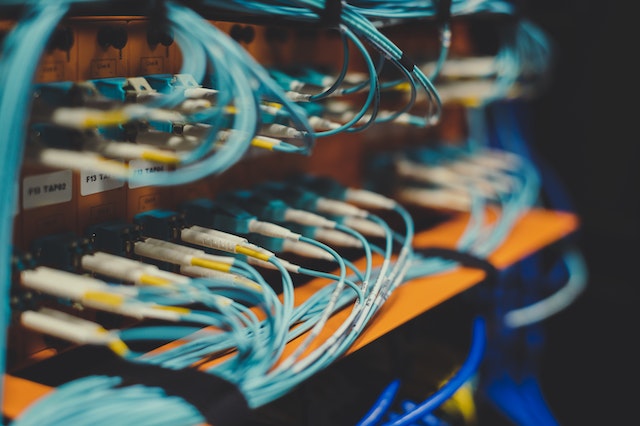Commercial electrical installation is the backbone of modern businesses. Whether you’re opening a new office, retail store, restaurant, or industrial facility, a safe and efficient electrical system is crucial to your success. In this comprehensive guide, we will explore the world of commercial electrical installation, covering everything from planning and design to safety considerations and maintenance. Let’s dive in and electrify your business with knowledge!
- Planning and Design
Before you start any commercial electrical installation project, meticulous planning and design are essential. Here are some key considerations:
a. Load Calculation: Determine the electrical load your business requires. This includes lighting, HVAC systems, machinery, computers, and appliances. An accurate load calculation is vital to avoid overloading your electrical system.
b. Building Codes and Regulations: Familiarize yourself with local electrical codes and regulations. Compliance is crucial to ensure the safety of your facility and avoid legal issues.
c. Electrical Blueprints: Create detailed electrical blueprints that outline the placement of outlets, switches, circuit breakers, and any specialized equipment your business may require.
- Choosing the Right Components
Selecting the appropriate electrical components is essential for a safe and efficient commercial electrical installation. Here are some key components to consider:
a. Wiring: Choose the right type and gauge of wiring for your project. Consider factors like the environment, voltage, and load when making your selection.
b. Circuit Breakers: Install circuit breakers to protect your electrical system from overloads and short circuits. They come in various sizes to accommodate different loads.
c. Outlets and Switches: Select high-quality outlets and switches that meet safety standards. Consider the number and placement of these components to meet your business’s needs.
- Safety Considerations
Safety should be a top priority in any commercial electrical installation project. Here are some safety considerations to keep in mind:
a. Grounding: Ensure proper grounding to prevent electrical shocks and fires. Grounding is essential in commercial installations.
b. Arc Fault Circuit Interrupters (AFCIs): Install AFCIs to detect and prevent electrical fires caused by arc faults. These are now required in many commercial spaces.
c. GFCI Outlets: Use Ground Fault Circuit Interrupters (GFCIs) in areas where water is present, such as kitchens and bathrooms, to prevent electrical shocks.
- Installation and Testing
Once you’ve planned, designed, and selected the right components, it’s time for installation. Ensure you hire a qualified electrician for this critical phase. Here are some installation and testing steps to consider:
a. Wiring: Properly install the wiring, making sure all connections are secure and free from damage.
b. Circuit Testing: Test each circuit to ensure it’s functioning correctly. This includes checking for voltage, continuity, and safety features.
c. Load Testing: Confirm that the electrical system can handle the expected loads without tripping circuit breakers or causing voltage fluctuations.
- Maintenance and Upkeep
Maintaining your commercial electrical system is essential to prevent downtime and ensure safety. Here’s what you can do:
a. Regular Inspections: Schedule routine inspections to identify and address any issues before they become major problems.
b. Upgrade when Necessary: Stay up-to-date with technology and safety standards. Consider upgrading your electrical system to improve efficiency and safety.
c. Emergency Preparedness: Develop a plan for electrical emergencies and power outages, including backup generators and emergency lighting.
